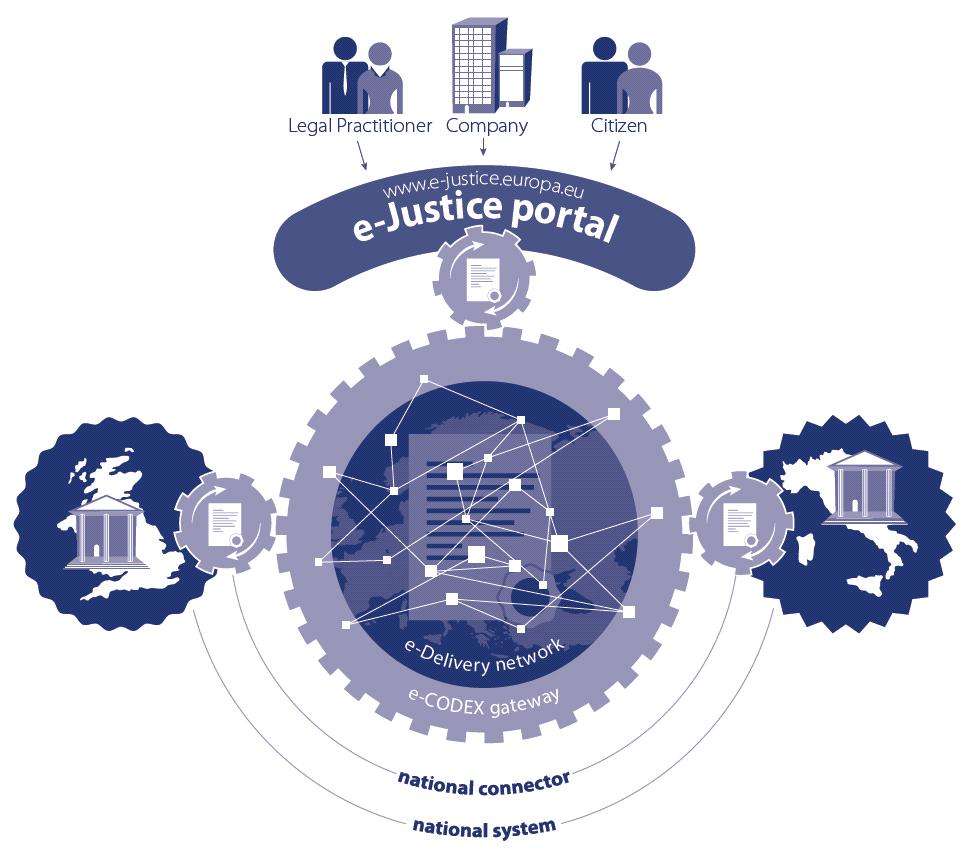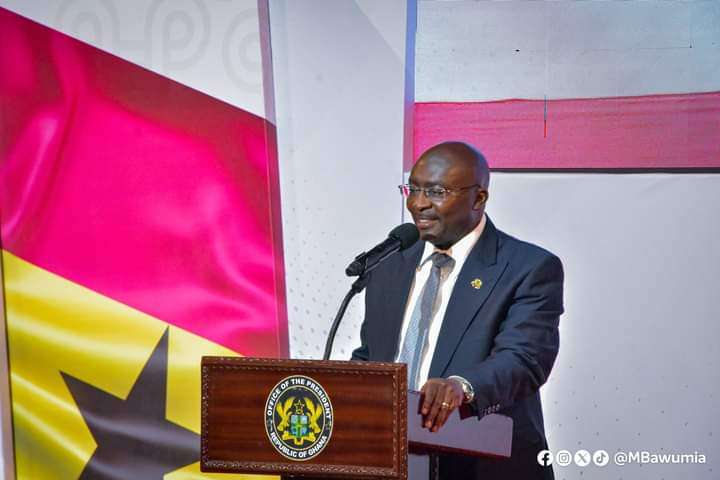Dr. Mahamudu Bawumia, the Vice President and Flagbearer of the NPP, has emphasized the importance of digitalization in advancing Ghana’s justice system during the launch of LEAD Justice, a framework outlining the vision of the Chief Justice.
Speaking at the launch of LEAD Justice, an acronym for the framework of the vision of the Chief Justice, Her Ladyship Justice Margaret Torkonoo, Dr. Bawumia highlighted that digitalization, along with other elements, is crucial for realizing the Chief Justice’s vision and transforming the justice delivery system in Ghana.
“Having personally launched the Electronic Case Tracking System for the criminal justice sector in 2018 and witnessing the positive changes that the e-justice system, which was launched a year later is bringing to the administration of justice, I am particularly delighted that digitalization is a key component of this strategic vision.”
Dr. Mahamudu Bawumia, Vice President
He commended the Chief Justice for her efforts to enhance justice administration through the LEAD initiative and called for support from all stakeholders.
Bawumia also reiterated the government’s commitment to supporting the judicial service, including investments in court infrastructure, residential accommodation for judges and magistrates, and the re-tooling of human resources to improve justice delivery.
LEAD Justice is a strategic framework launched by Chief Justice Gertrude Torkornoo to address the challenges and improve the justice system in Ghana. The acronym LEAD stands for Law, Ethics, Assets, Due Process, and Digitalization.
The objectives of LEAD Justice include increasing the knowledge of law among judicial officers, enhancing ethical conduct, managing assets effectively, ensuring due process, and leveraging digitalization to transform the justice delivery system in Ghana.
This initiative is part of a broader effort to address the challenges facing the judiciary, such as corruption, inefficiency, and bottlenecks, and to bring justice closer to the people, especially those in rural and peri-urban areas.
E-justice System Impacts the Justice Delivery

The e-justice system in Ghana has significantly impacted the justice delivery system by streamlining processes, improving access to justice, and enhancing the efficiency and effectiveness of the judiciary.
The e-justice system has facilitated a more efficient and accessible justice delivery system, making it easier for individuals to navigate the legal process. It has also reduced the time and resources required for case management, thereby improving the overall efficiency of the judiciary.
This digital transformation has not only made the justice system more responsive to the needs of the 21st century but has also contributed to the government’s commitment to supporting the judiciary through digitalization initiatives.
Furthermore, the Chief Justice, Justice Gertrude Sackey Torkornoo, emphasized the importance of digitalization in the transformation of the judicial system. She noted the need for continuous transformation of the judicial system, including the engagement of the private sector in jury services, to increase the ethical contents of integrity and efficiency in criminal justice delivery.
This initiative is geared towards eradicating unethical attitudes in the administration of justice in the country, ensuring that court officials work with independence, impartiality, competence, and integrity.
“I note with great admiration and excitement the new impetus, focus, energy, and dynamism that Her Ladyship has brought to the administration of justice since she took over the reins of office less than a year ago. It is this new zeal and sense of urgency that has culminated in the Vision that we are launching today which would be the blueprint for her administration and point the way for the Judiciary and the Judicial Service towards the goal that meets the justice demands of the 21st Century and beyond.”
Dr. Mahamudu Bawumia, Vice President
The e-justice system is playing a pivotal role in transforming the justice delivery system in Ghana, making it more efficient, accessible, and ethical. This digitalization has been a key component of the Chief Justice’s strategic vision for the judiciary and the judicial service, aiming to bring justice closer to the people of Ghana.
READ ALSO: Ghanaian Actor Hits Back At Critics Over Political Stance



















